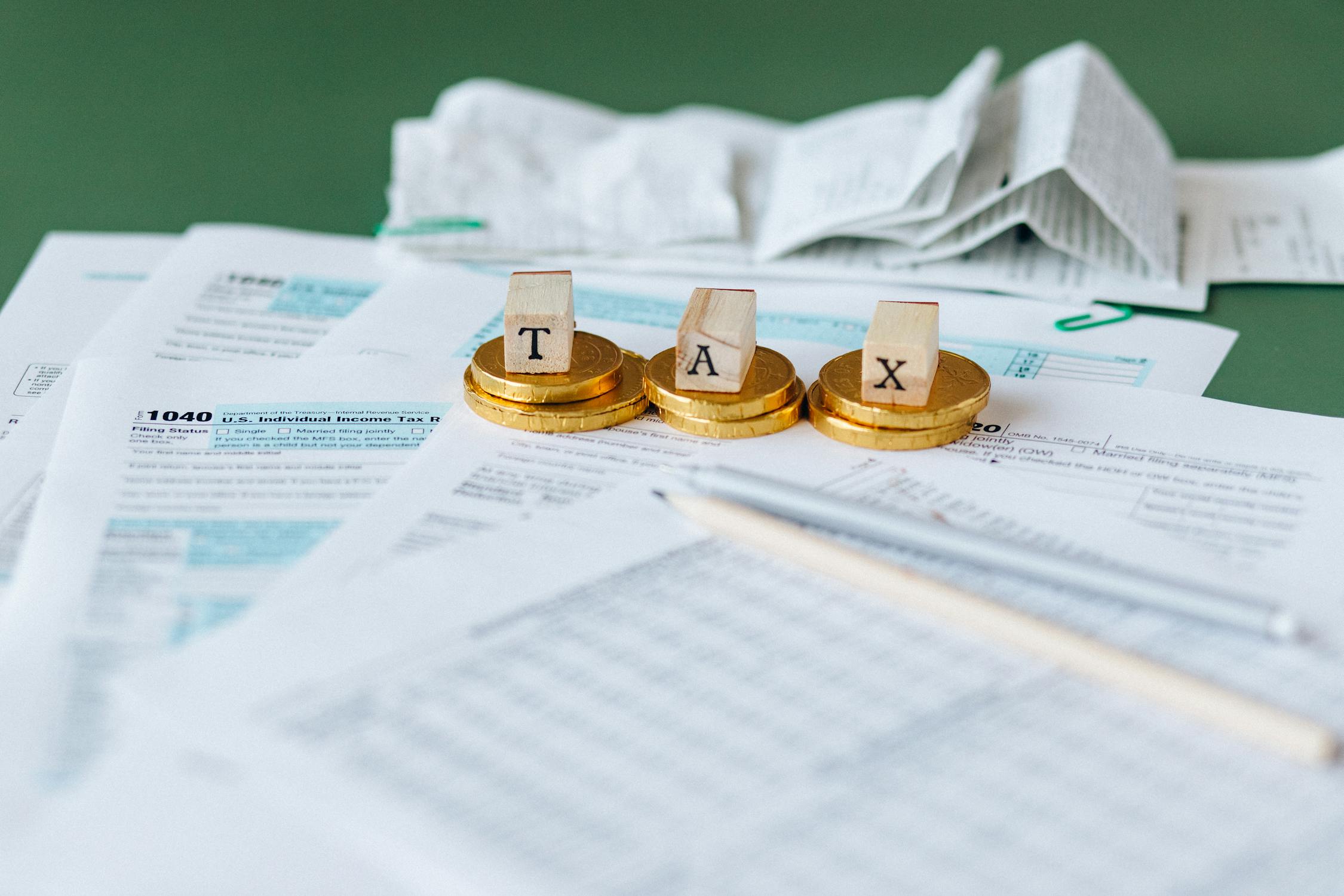How Debt Relief Can Help You

As of February 2021, before the Covid 19 pandemic and recession set in, U.S. consumer debt was estimated at over $4.2 trillion. Add the effect of the pandemic to the mix and suddenly millions of Americans are potential candidates for debt relief plans such as credit counseling, consolidation or debt settlement to get their finances back on track.
While each of those options is potentially beneficial, it’s important to recognize debt relief plans are long-term solutions.This is key to understanding how debt relief can help you.
How Debt Relief Programs Work?
For starters, debt relief refers to various solutions intended to help borrowers make payments without straining and eventually become debt-free. These programs might include a replacement loan to reduce the interest rate or the repayment term to lower the total amount owed.
Types of debt relief
A good first step is to connect with a credit counselor who can help you determine the optimal debt relief option for your situation. These programs can change the terms or amount of your debt so you can make headway in paying it off.
Here are the relief options and their advantages and downsides
- Credit counseling
If your credit is less than imperfect or you cannot make your monthly payments on time, it’s important to consider working with a credit counseling agency.A credit counselor will assist you in creating a budget and put you on a debt management plan tailored to your needs to help you overcome your financial challenges.Credit counseling agencies will help you negotiate with creditors to lower the interest rates, thus you may end up saving money via this option. The downside of this method is that you will not be eligible to apply for new credit until you’ve finished the debt management plan, which can take years, and you could be required to close your credit card accounts. Its recommended working with nonprofit credit counseling agencies, which offer lower costs.
- Debt consolidation
Under this debt relief program, multiple debts are combined into a single, new account. In this case, the borrower uses money from the balance transfer or consolidation loan to pay off their existing account balances, thus they make only one monthly payment to repay the new account instead of the multiple monthly payments. Individuals who qualify for a debt consolidation loan are required to apply for new credit and meet the lender’s eligibility requirements. - Debt Settlement
One of the leading debt settlement companies, customer experiences with FreedomDebtRelief.com have proven these firms can help you negotiate with creditors to reduce unsecured debt to make it easier to resolve. Rather than paying your creditors directly, you will deposit those payments into an escrow-like fund to support your settlement agreements as they are reached. The debt settlement company will then use the cash to negotiate with your lenders to settle for less than the current principal and interest amount.
- Bankruptcy
This should be your last resort, and it’s only recommended when your debt situation is extremely serious to the extent of not being able to make negotiated monthly payments on a debt management plan. A bankruptcy petition has a dire damage on your credit and will stay in your credit score for up to 10 years, thus it should only be considered after other options have been exhausted. Although bankruptcy may not get rid of your auto or student loans as well as mortgage, if you file for Chapter 7 bankruptcy, you will be in a position to rebuild your credit history and financial life within just a few months.
When it comes to how debt relief can help you, each of these approaches has its pros and cons. It’s always a good idea to talk to a credit counselor before you make your final decision in order to determine the most beneficial plan of action for your circumstances.






